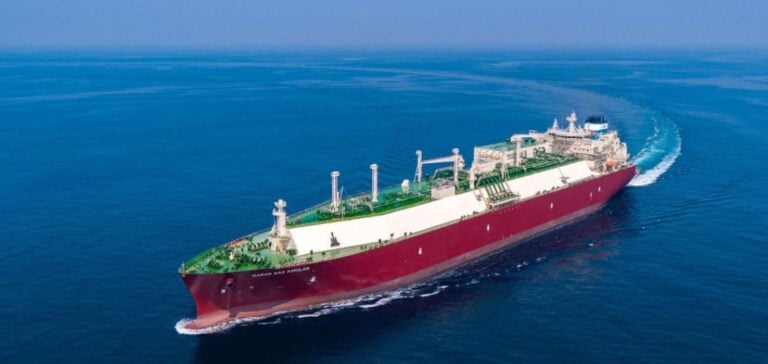The Greek natural gas market has achieved a significant milestone with the introduction of Argus Media’s first daily price indices. These assessments aim to enhance transparency in a European market characterized by widening price gaps. This initiative comes at a crucial time as infrastructure and gas flows across Europe undergo rapid evolution.
Growth Supported by Infrastructure
Natural gas trading in Greece and Southeast Europe has seen remarkable growth in recent years. This expansion is supported by the development of energy infrastructure and shifts in gas flows across the continent. In October 2024, Greece inaugurated its second liquefied natural gas (LNG) terminal, boosting its capacity to meet the region’s import needs. Additionally, the country serves as a strategic hub for gas flows moving north, south, east, and west across Europe.
A Region at the Heart of New Energy Dynamics
Infrastructure projects such as the Trans Adriatic Pipeline, which transports Azeri gas from Greece to Italy, and the Greece-Bulgaria interconnector, operational since October 2023, underscore the region’s growing importance. However, Russian supplies, still delivered via the Turkish Stream pipeline, stand in contrast to Northwest Europe, which ceased importing Russian pipeline gas in 2022.
Price Volatility and Market Opportunities
Recent dynamics in the LNG market, including increased global demand, have reduced Europe’s supply. Concurrently, peaks in gas-fired electricity production have exacerbated local price disparities. Greece finds itself in a unique position: it can become a premium market when physical constraints limit additional pipeline gas inflows but may also experience a supply surplus when local demand declines, pushing its prices below those of its northern and eastern neighbors.
A New Tool for Market Players
According to Adrian Binks, Chairman and CEO of Argus Media, the addition of these Greek indices complements the company’s comprehensive European coverage. He also emphasized the importance of close collaboration with market participants to develop these assessments at a key moment for gas trading in Southeast Europe.
The price indices for Greek gas, expressed in €/MWh, are calculated based on the country’s virtual balancing point. They are published in Argus’ European Natural Gas report, which also includes delivered LNG prices for Greece and Turkey.






















